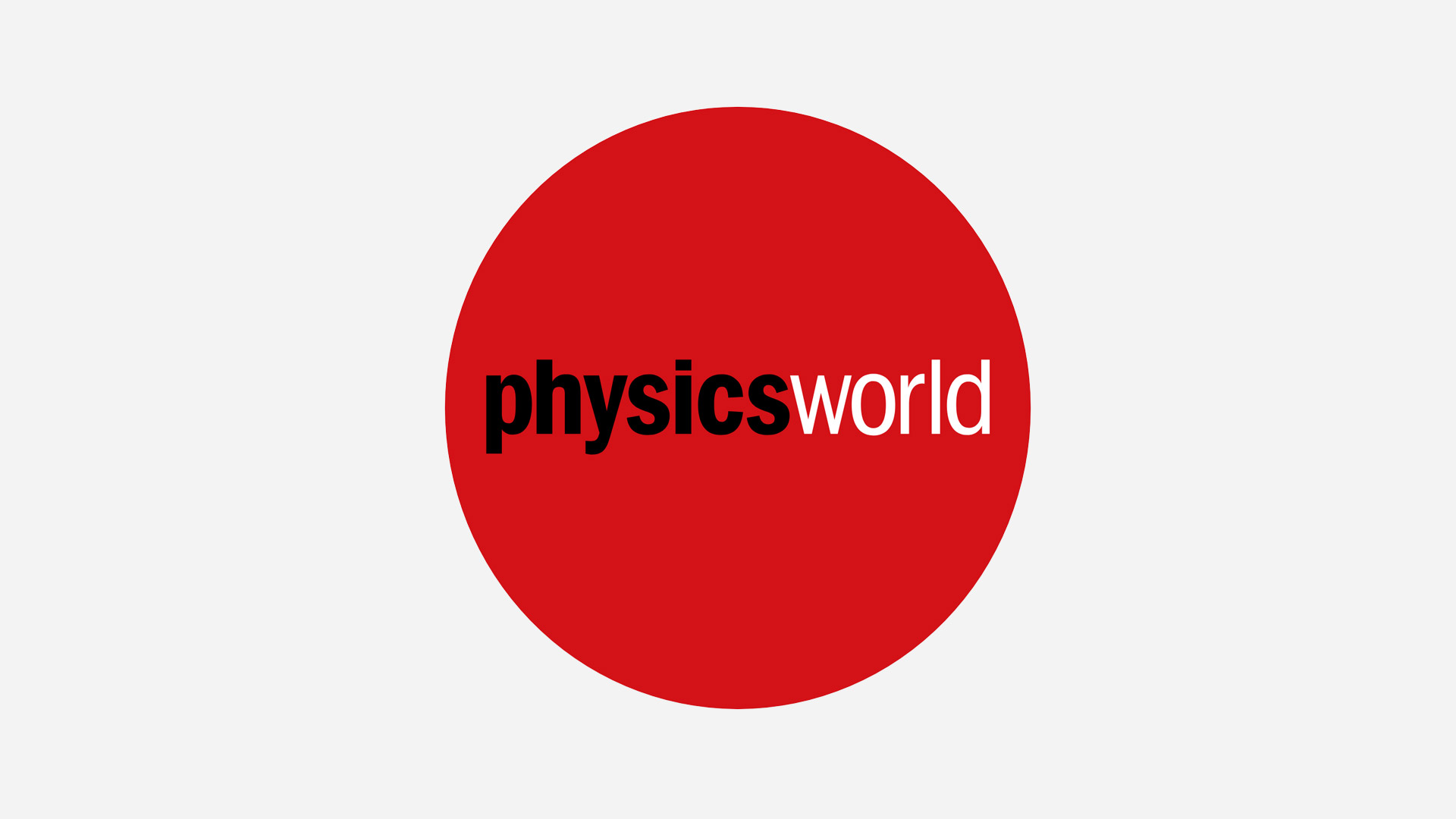Author
Array
(
[0] => linkedin
[1] => facebook
[2] => twitter
[3] => google-plus
[4] => youtube
)
Array
(
[0] => linkedin
[1] => facebook
[2] => twitter
[3] => google-plus
[4] => youtube
)
Array
(
[0] => linkedin
[1] => facebook
[2] => twitter
[3] => google-plus
[4] => youtube
)
Array
(
[0] => linkedin
[1] => facebook
[2] => twitter
[3] => google-plus
[4] => youtube
)
Array
(
[0] => linkedin
[1] => facebook
[2] => twitter
[3] => google-plus
[4] => youtube
)
No Author
Author archive
Previously satellite measurements have suggested that the atmosphere was cooling at 0.05 Kelvin per decade, while ground-based instruments showed an increase of 0.13 Kelvin per decade. However, as polar satellites orbit the Earth, they suffer atmospheric drag. The thickness and height of the Earth’s atmosphere is dependent on the sun’s solar activity. When solar activity […]

Most automobile vibration testing is sinusoidal in nature, in which a regular pattern of rapid, slow and zero vibrations vary in a predictable pattern to mimic driving conditions. Hu’s random vibration testing is more realistic. It uses several random processes to mimic different driving routes and styles – and hence mimic the stresses on the […]

“This is the best news I’ve heard since we lost contact with SOHO” says Roger Bonnet, ESA’s director of science. “We should just hope that the damage sustained by SOHO’s enforced period of deep freeze does not affect the scientific payload too much.” SOHO is a $1 billion joint venture between the European Space Agency […]

Signals produced by the satellites are over a 100 times stronger than the radio sources studied by astronomers. Under the new agreement, European radio astronomers will get 24 hours of ‘unpolluted’ observation time from 1 January 2006. However, they will have to negotiate for ‘restricted’ observation times with Iridium until that date. The CRAF has […]

Speculation on the origin of high energy cosmic rays has existed for some time. The best candidates are massive supernova explosions or the decay of superheavy particles near the beginning of the universe. The AGASA results show that the energy spectrum extends beyond 1020 eV, but they have been unable to identify sources for any […]

Each plane has a 3m wingspan and weighs 13.1 kg. During normal operations the craft will measure temperature, humidity and pressure over the ocean. At a cost of just $25000 each, the planes could dramatically cut the costs of gathering such information. Meanwhile, during a test flight in Hawaii, NASA’s Pathfinder-Plus – a remote controlled […]

The technique uses an iron-silica catalyst created by coating a quartz plate with an iron-silica solution. Once the solution dries it cracks into a film 30-50 microns thick. After the substrate is heated in a vacuum and then in a hydrogen-nitrogen atmosphere to make sure that it becomes chemically unreactive, the film breaks into large […]

The citation highlights Adler’s derivation of a sum rule for pion-nucleon scattering that marked a breakthrough in our understanding of the currents and broken symmetries of the strong interaction. One of Jackiw’s major contributions was his discovery (with Rebbi) of fractional charge and spin when field theories are applied to condensed matter physics. The paths […]

Starman: Truth Behind the Legend of Yuri Gagarin by Piers Bizony and Jamie Doran Bloomsbury p256 £12.59 On April 12, 1961 Yuri Gagarin became the first human in history to leave the Earth’s atmosphere and venture into space. This biography is based on material from sensitive KGB files and restricted documents from the Russian space […]

Arima has long been a keen advocate for reforming Japanese science. Previously he helped shape the 1996 Basic Law for Science and Technology, which aimed to increase Japan’s spending on science. He also proposed educational and administrative reforms during the last government. Monbusho has an annual budget of 5819 billion yen (£24.6 billion) and accounts […]

Copyright © 2026 by IOP Publishing Ltd and individual contributors
